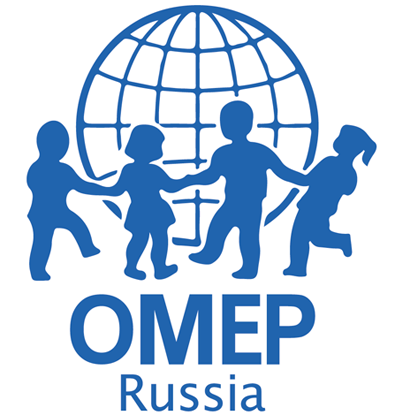Philosophy for Children in Russia: on the Example of the Program “Territory of Thinking
Book of Abstracts
Philosophical practice with children becomes more and more popular in modern World and Russia as well. There are many informal organizations that involve people into the process of philosophizing (philosophical cafes, workshops, seminars, trainings and etc.) One of these informal union is a philosophical camp. The Philosophical Camp called «Territory of Thinking» («Территория мысли»/«ТеМы») was found by professor Larisa Retyunskikh (MSU) and her colleagues. At the moment more than a dozen of philosophical camps were held in Russia. The Program takes place regularly three times a year (Autumn, Spring and Summer). Spring and Autumn camps are family programs and held during school children holidays as a weekend-camp in Moscow region. The Summer Philosophical Camp (children’s only) lasts from 10 up to 15 days and takes place at the Children's Camp «The Arctic Circle» (North Karelia). Each Program presents its own specific philosophical topic (for example: «beauty», «wonder», «desire», «life», «human», etc.) Children from 7 to 17 y.o. may take a part in it. About 30 children in a group, during the class students might be divided: the youngers and the elders). The Philosophical Camp Program is a total immersion into the world of thinking and a prosses of philosophizing and questioning whole day long and every single day. The main elements of the practice are questioning, problematization, conceptualization, and argumentation. These elements are at the same time the skills that the child acquires in the course of studying philosophy. Practical philosophy with children develop logical, critical, reflective, creative and other types of productive thinking. The practice of working with questions is actively develops. The use of philosophical texts (myths, parables, fairy tales, etc.) as well as the method of philosophical games develops analytical and communicative skills, teaches logical thinking, creativity and independency through the dialogue with self and others.

Russian Psychological Society
e-mail: ruspsysoc@gmail.com

Federal Scientific Center for Psychological and Interdisciplinary Research,
Moscow, Russia
e-mail: forumdigitalchildhood@gmail.com

Psychology Department of the Lomonosov Moscow State University,
Moscow, Russia
e-mail: psy@psy.msu.ru



 2021
2021  2022
2022  2023
2023 2024
2024





